Thoughts about quality measurement via DQF + my summary of the first edition of the Games Global Forum!
Game over ... What a week! I write this post from the Frederic Chopin airport waiting for my flight to Spain. It has been a week here in Warsaw very intense.
A week in which I had the opportunity of attending Games Global Forum earlier in the week, and LocWorld at the end of the week.
A week full of presentations, roundtables, panels, keynotes and very interesting (and inspiring) people.
Maybe what I like the most about this industry is the people who work in it, bright, smart, passionate, fun and happy (usually)people, and at the end of the day, that’s what it matters, right? 🙂 As we usually say in our geek world ... To make fun games, we have to have fun!
In this post, I want to write about the first edition of the Games Global Forum. I will talk about LocWorld in my following post 🙂, but today I have to talk about Games Global Forum!
In the past editions this event was a pre-conference, a day long .... but this year for the first time, we, gamers, we had our own extended edition event!
Under the umbrella of LocWorld, in the same location, the majestic Hilton Warszawa where the LocWorld main conference was held, the Games Global Forum was inaugurated; and for the first time, it was a 2 days event. And I believe that such an event was necessary. Why do I believe that? Because IMHO the gaming industry needed an event like this where during 2 days different colleagues involved in the globalization of video games come together and talk about different areas, from design to functional QA, going through of course important areas such as localization, audio or the technology we used behind scenes; companies like XTM, Memsource or XLOC to mention just a few examples are developing APIs and localization / QA environments at a fast pace.
Video games have not peaked, far from it. It is an industry in clear expansion, with a projection of growth at a crazy speed for the next three years; and with emerging markets exploiting digital entertainment consumption short term (India, Middle East ...)
Video games have established itself as the number 1 entertainment form in the world! surpassing by far the movie or music industry.
The video game industry Globalization industry with its peculiar QA / Localization approach tends to surprise people who are coming to our world for the very first time because of the complexity that it can become. This complexity made it necessary for this event to have multiple tracks to cover such as:
Functional QA
Tools to apply Technologies to our location needs
Roundtables about quality
Panels about teams culture, presentations about how to convey emotions in game localization ... emotion in games localization, how cool is that!
Keynotes about the state of the industry
Case studies about MT applied to games
Presentations about Gender-inclusive language in Games ...
Localization roundtables about workflows and lessons learned
I could not attend all the different presentation, but the ones I attended I found the level quite high!
Great content, and a very promising beginning for this very first edition of the Games Forum; and we were around 100 attendees! this is such a great success for being the first edition!
I will not have time to cover all the key takeaways I'm taking it with me on this plane 😉... So I'll cover now one area that I'm working during this 2018.
Maybe because my focus is on Quality Measurement at this moment of the year, maybe, that's why I found interesting this presentation "QA RoundTable: Two Sides of One Coin: Holistic Measurement of Software Quality via MQM-DQF”
Kirill Soloviev from Content Quo put some seeds in our brains about how to measure quality. And that's not easy, and he did it. Why is it not easy?
“Maybe we are the only industry in the world who did not manage to agree about quality, and how it looks like.
”
Talking about quality is a topic that I am exhausted, I've been 20 years + reading/listening/discussing different theories of quality; and it's one of those topics that once you start talking it never ends. When is a translation good? The answer is not clear ... So If I'm bored about the topic of quality, why I liked this roundtable where Kirill presented about quality?
3 reasons.
Aligning quality expectations with stakeholders via a customized DQF
I believe DQF it's a good framework to measure quality. Kudos to TAUS for this ultra improved version of the old LISA model or the SAE J2450 model.
DQF gives us many categories to track our quality, but the best thing is that we can customize the model to track the areas that are important for us.
It has many different categories, but we do not have to use them all! I think that's one of the main misconceptions about DQF.
It's a model that each of us can customize to cover our own needs, it's not all or nothing! In the gaming industry, for example, we do not need to categorize all these different categories of errors and track 17 different KPIs ... we can pick 3,4 or 5…. whatever it is important for us ... and then ... we define what quality is, how quality looks like, and we align with our stakeholders about what's the definition of quality.
If we do this we will avoid a never-ending discussion such as ......
SpLG (Self-proclaimed Linguistic Guru) This translation sounds weird
Me: Oh really, thanks for letting me know, what's wrong?
SpLG: Well, nothing really, it's just weird
Me: Hhhhhmm I see .. is there any grammar mistake or some terminology issues?
SpLG: No, no, grammar is ok and words were chosen... .actually they are ok .. .it's just ... it sounds weird ...
Me: ok, could you be a little bit more specific ... if I go with that feedback to the translator... it's so vague ... that s/he can not really improve the delivered translated text
SpLG: Well, I do not know .. it feels just weird, not natural, I would have translated differently
And there we go! Welcome to the world of subjective feedback !!!! Speaking of quality at that level can be as useless and unproductive as discussing which color is more beautiful or what’s more delicious a carrot cake or a brownie (a carrot cake btw without a doubt)
However, with the suggestions we got during this presentations, this might change.
The key is around the idea of aligning quality expectations with stakeholders via a customized DQF
I think with this approach we might have the key we have been looking for years in our industry to open the door of quality management!
2. MQM + DQF
If we unify these approaches all together we might be able to define quality in the games from a double angle.
The quality of the game from a functional perspective and the quality of the game from a translation perspective. Our players do not make any difference between these 2 angles. For them is all about player experience, it's not either good performance of the game (QA metrics) or accurate translation (LQA metrics) .. .it's not or, it's AND. Good Player experience needs good quality on both sides. Through this model we can combine them to provide a truly unique and immersive gaming experience to our players ... and we all know that better player experience leads to game immersion which leads to a higher revenue :)
3.- Holistic
We do not need to show our stakeholder complex metrics with 10 KPIs to assess if the quality of the game is good enough. We do not need to create a dashboard full of scoreboards in the different languages o recommend (or do not recommend) the release of the game. We just need something as simple as a traffic light system ... red, yellow-green where we assess the overall quality of the game, with a breakdown per language if needed.
Photo credit:ContentQuo
But we do not need that complexity that we sometimes insist on having in our metrics. That is when the idea of a holistic approach comes into play
With DQF, with MQM, with ContentQuo with TAUS, we might be closer than ever to define finally what quality is...
If you want to know more about this topic I think contacting Kirill and reading about TAUS might be an excellent beginning to keep watering the seeds they are planting in our brains…
I have many more interesting things that I would like to talk about in this first edition of the Game Global Forum; but this post is already a bit long, so it's time to go to the closing.
But, before closing a personal reflection ... some people with whom I spoke during the event mentioned that they would like to see case studies and presentations in this type of events at a much more detailed level, with screenshots of internal tools, and checklists of the different steps that we have to take into account during the rollout of a process.
I think that in these conferences that is not the first objective, issues of confidentiality apart we can have in our own companies about what we can or can not say ... these events are not a training, these events are not a workshop in which someone will tell us step by step how we have to do something, these events what it gives us is an opportunity to listen to different ideas, sound bites that leave us thinking, phrases that we hear that are little longer than a tweet but that open us a perspective that we had never considered before; for me the most important part of these events is that it always leaves me food for thoughts ... and if I want details the approach I follow is networking + self-investigating / reading.
To help us take that first step of networking we had wonderful opportunities and moments to do networking during coffee breaks and also in a nice dinner in a garden. There with a good Polish beer IPA, I had the opportunity to deepen with different people about concepts that I heard in the conference center in their presentations ... this networking is as important as the presentations themselves ... they have given me a couple of ideas that I want to implement throughout the year … stay tuned!
Thanks, Games Global Forum, thanks to the Gaming community, thanks Warsaw, what a great city! Wow!
Game over? ... Nooo ... the show must go on... This second edition in a new continent 🙂
Have a great week everyone!
@yolocalizo
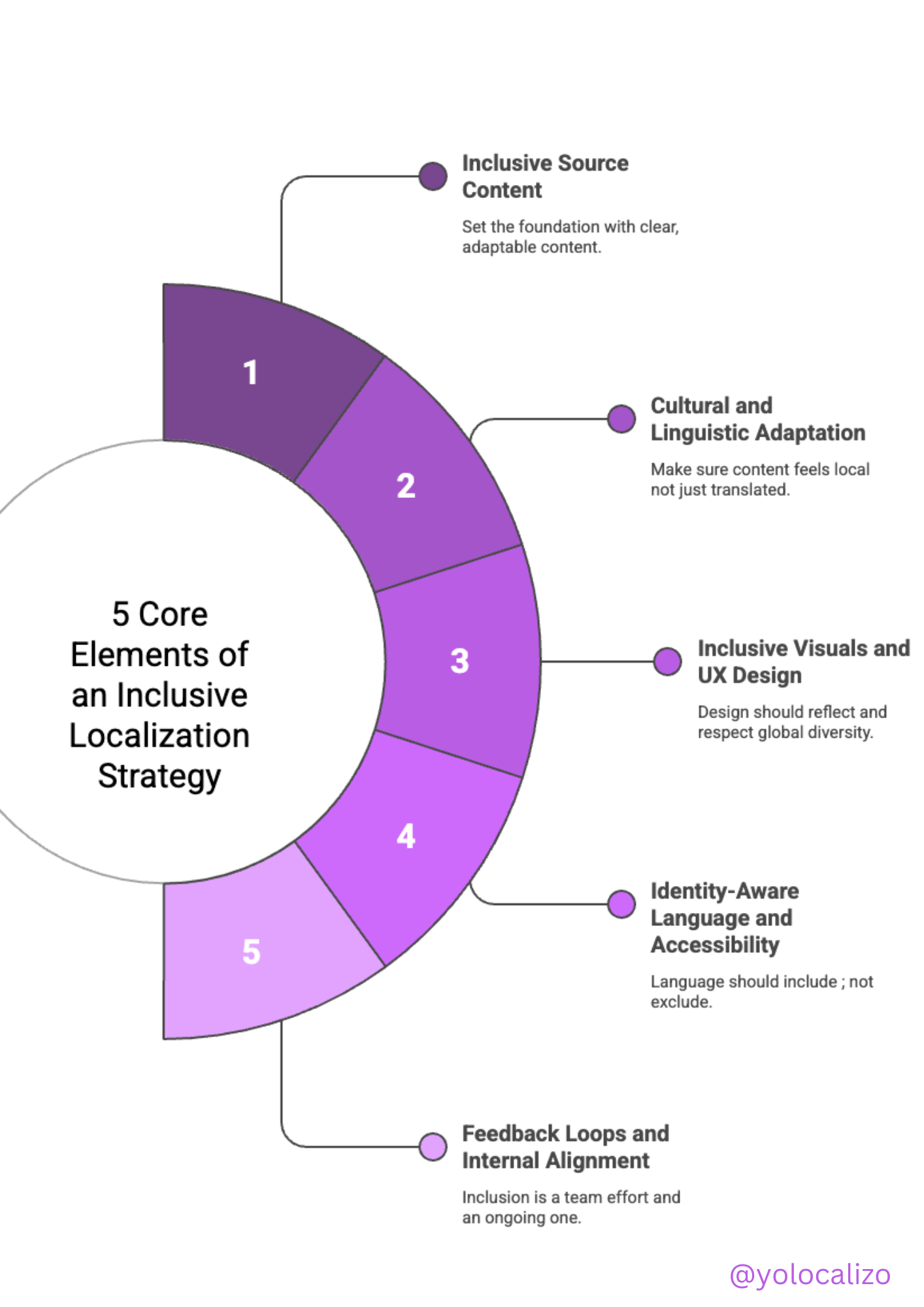

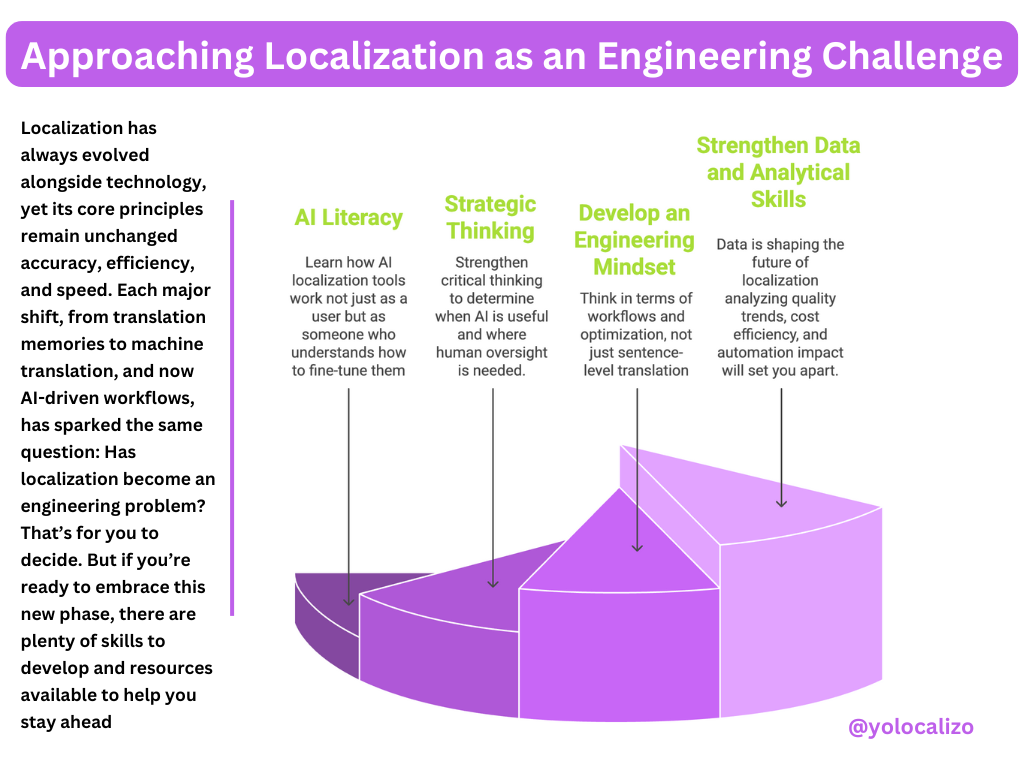
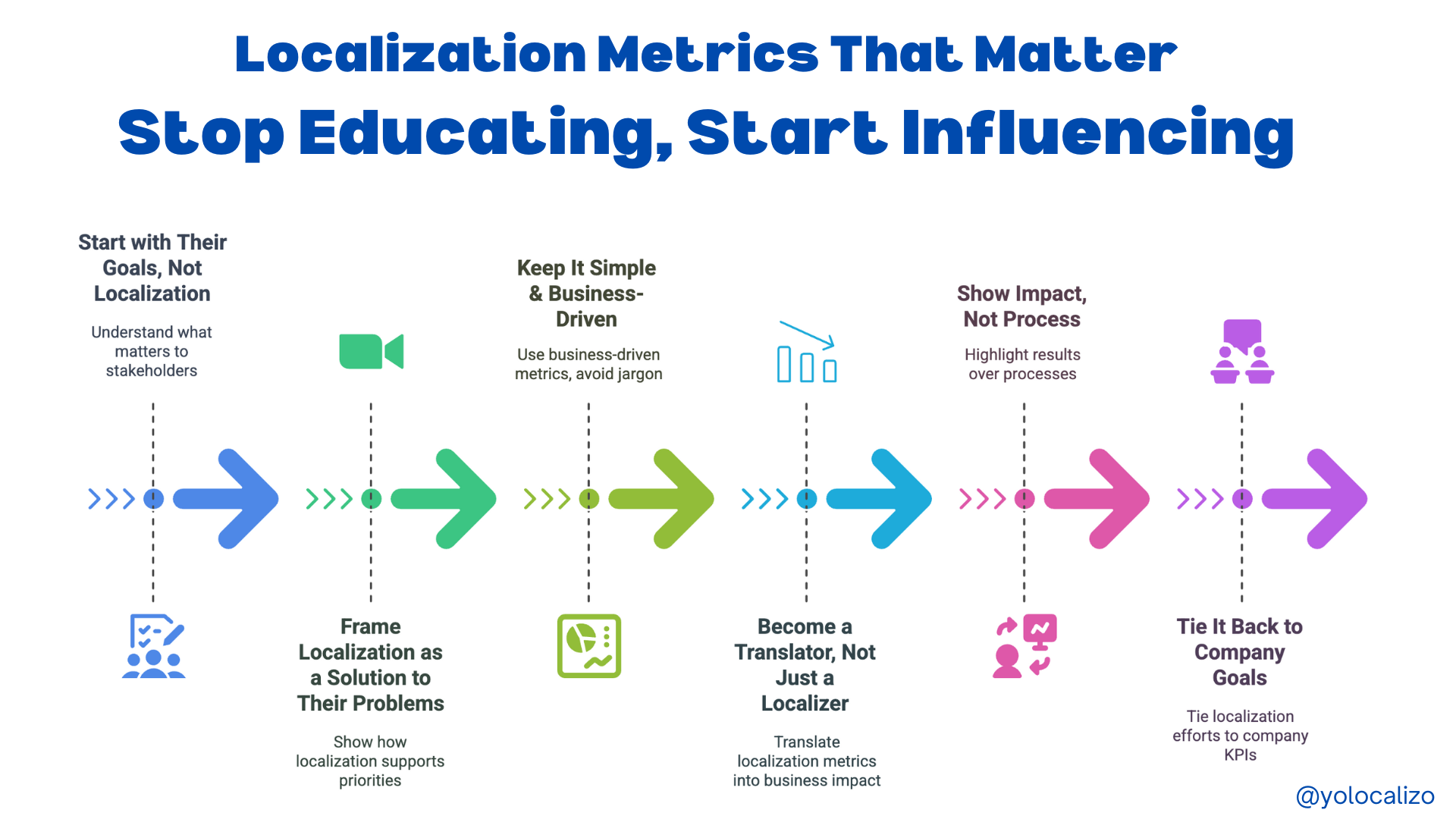


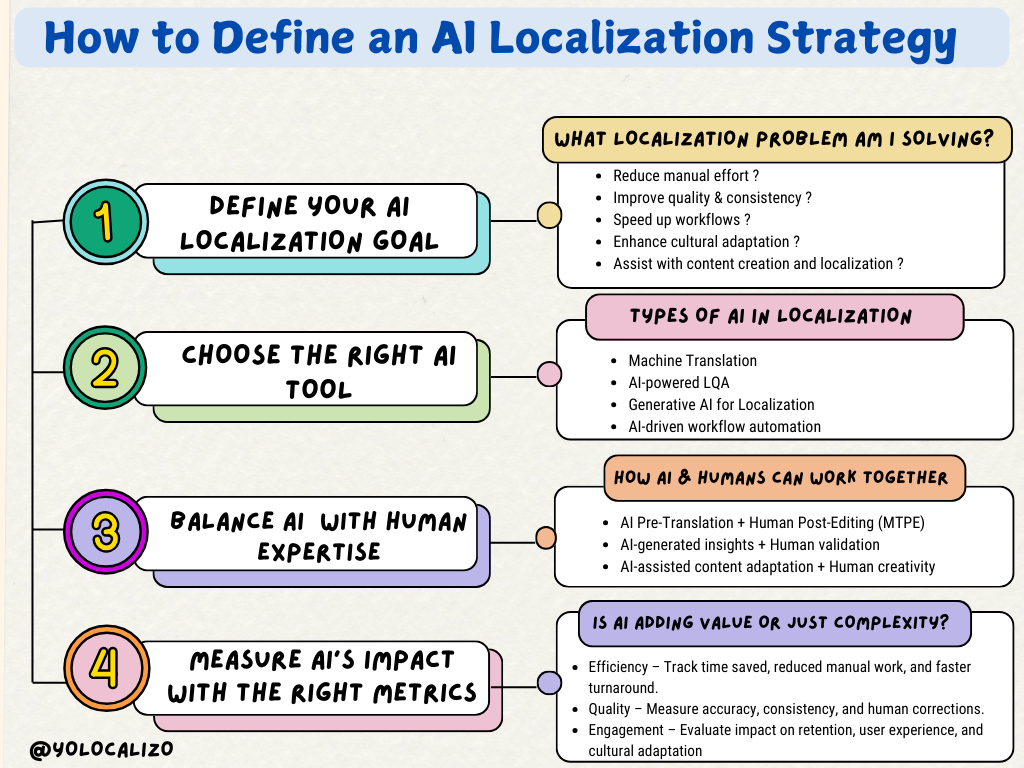





























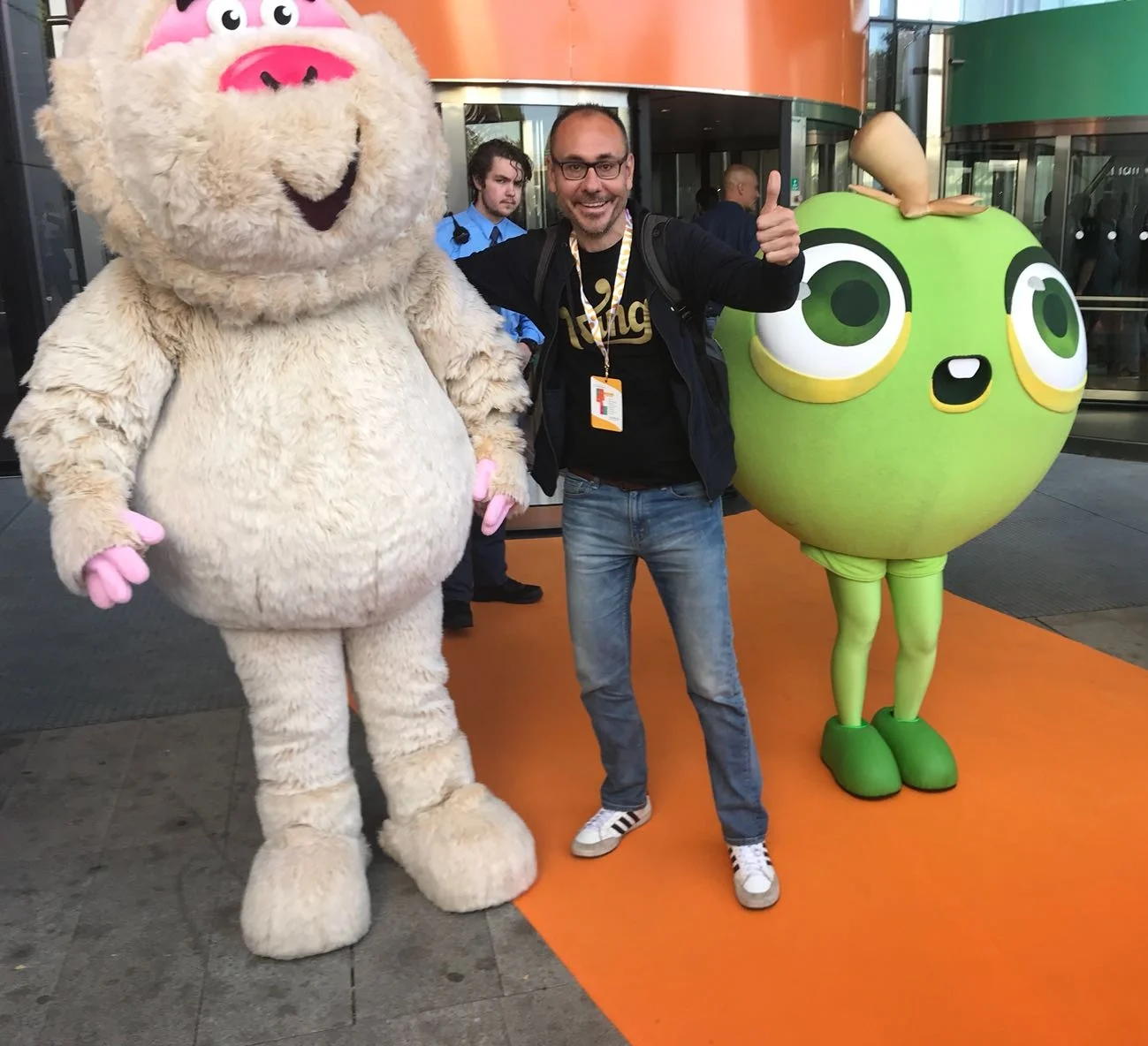
Localizability has always been a challenge small issues in source content often lead to big problems later in translation. In this post, I explore how AI is giving localization teams a powerful new way to improve source quality, reduce friction, and create better content for every market right from the start.